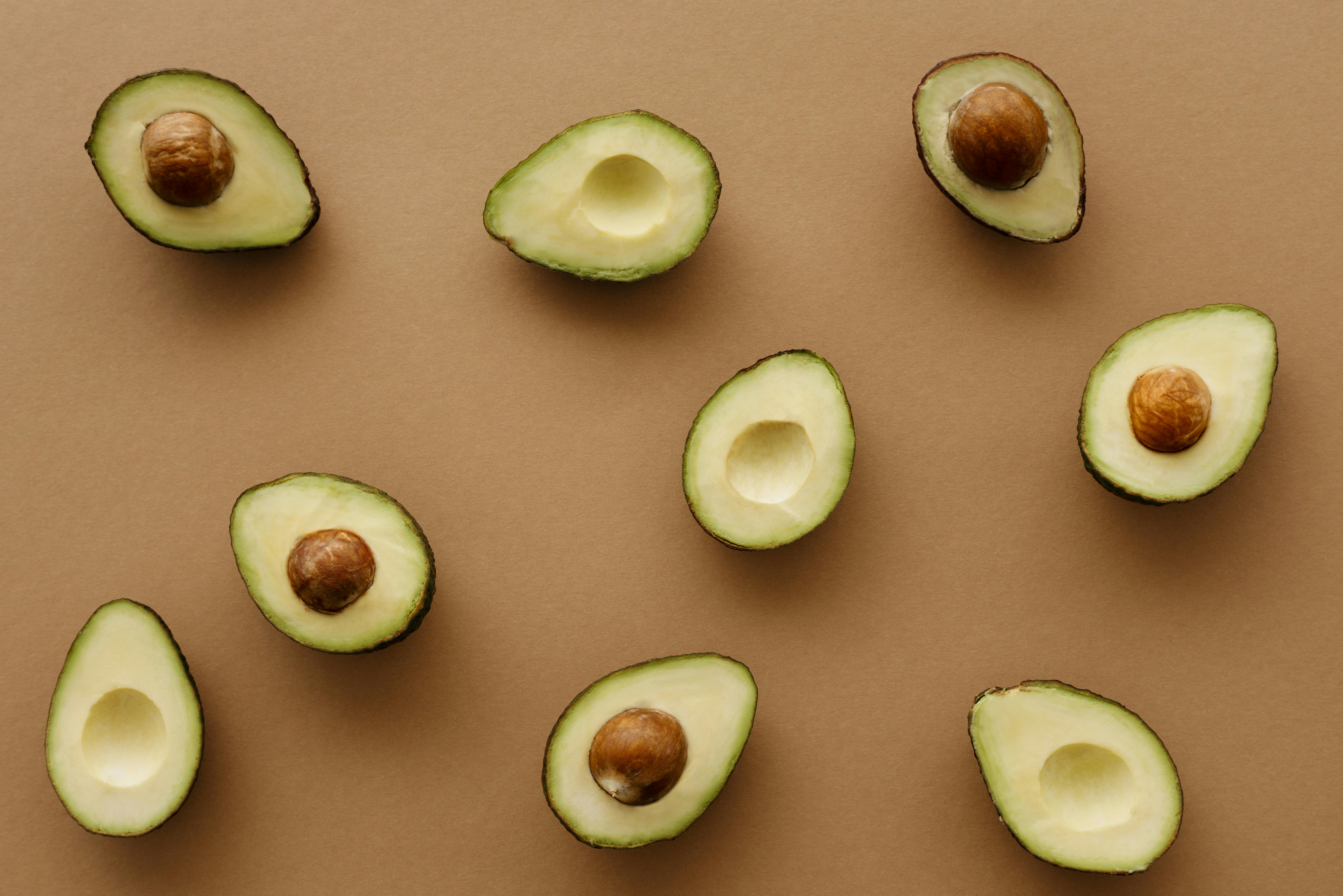A Dietitian's Guide to Lowering Cholesterol Without Medication
43. Don’t Forget About Phytosterols in Fortified Products

Beyond the naturally occurring plant sterols and stanols mentioned earlier, you can specifically look for phytosterols, which are commercially added to a variety of foods. Many brands now fortify products like orange juice, yogurt, and margarine spreads with these powerful plant compounds. A single serving of these products often contains a therapeutic dose of phytosterols, which actively compete with cholesterol for absorption in your gut. By simply making a different choice in the grocery aisle—like opting for a fortified orange juice brand—you can make a significant and measurable impact on your LDL cholesterol levels without changing your entire diet.
44. The Cholesterol-Fighting Benefits of Avocados

Avocados are a true superfood for heart health. They're rich in monounsaturated fats, which have been shown to reduce LDL ("bad") cholesterol and triglycerides. But they also contain a lesser-known cholesterol-fighting compound: beta-sitosterol. This plant sterol helps reduce the amount of cholesterol absorbed from the food you eat. A daily half-to-one whole avocado can not only provide these powerful health benefits but also adds a creamy, satisfying texture to your meals, making it easier to stick to a heart-healthy diet. This simple addition is a delicious way to get both healthy fats and cholesterol-blocking compounds in one go.
